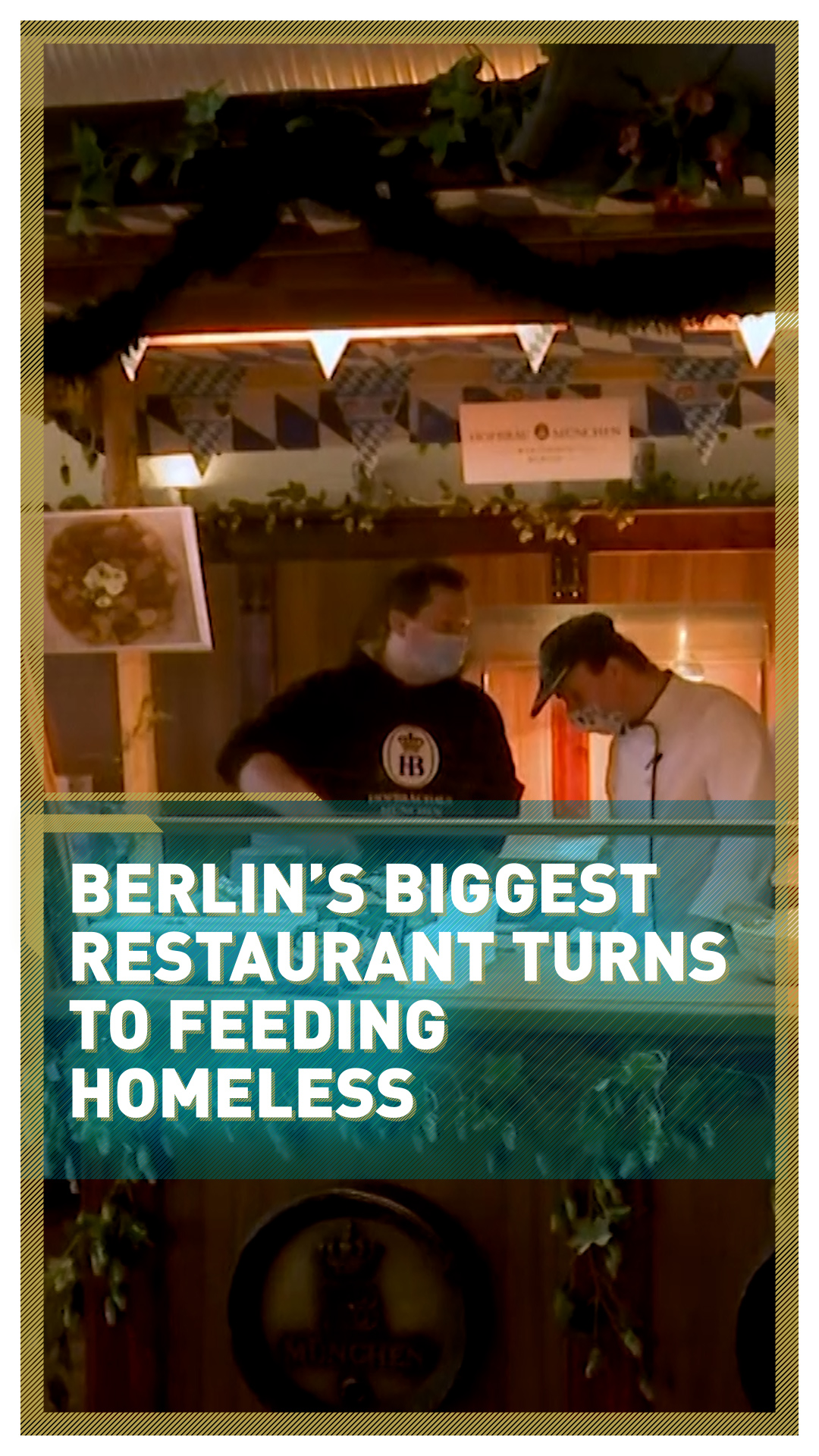"They are stuck in lorry parks with no toilets - it's becoming a catastrophe."
This is how Vanessa Ibarlucea, spokeswoman for France's FNTR national road haulage federation, described the situation of truck drivers stranded at the border between the UK and France on Monday, after travel between the two countries was banned for a 48-hour period over fear of a new COVID-19 strain identified in England.
"No driver wants to deliver to the UK now, so the UK is going to see its freight supply dry up," Ibarlucea added.
But UK Transport Secretary Grant Shapps, talking to Sky News, insisted that food and medicine shortages in the short term will be resolved soon.
UK travel bans over the new virus variant, now introduced by more than 30 countries around the world, are having repercussions on stock markets, too, with European shares tumbling this morning. See what travel restrictions European countries are implementing in our graphic below.
Meanwhile, across the Atlantic, the U.S. Congress approved a $900bn pandemic relief package, the second largest economic relief bill in the country's history after the $2.2tn it passed in March.
Scroll further to read our interview covering the latest on the Brexit talks and watch how Berlin's largest beer hall opened its doors to feed the homeless during the lockdown.
Happy reading,
Giulia Carbonaro
Digital correspondent
P.S. Did someone forward this to you? Sign up here

The UK is growing isolated as more nations around the world ban travel to and from the country amid fears of a new COVID-19 strain that could spread 70 percent faster than other variations.
France has banned UK transport across the Channel for 48 hours, prompting fears of food shortages and supply disruptions in the UK. France is now looking into resuming traffic flow as soon as possible, according to the country's transport minister, Jean-Baptiste Djebbari.
U.S. lawmakers have reached an agreement on a new $900bn stimulus package, including $600 direct payments for individuals, more unemployment benefits, support to small businesses, back-to-school funding, travel industry aid and money for vaccine distribution.
European shares have dropped after the discovery of a new COVID-19 strain in the UK and travel bans from many countries.
China's Central Bank will step up financial support for key sectors and extend policies to help companies having a difficult time, the People's Bank of China said on Monday.
The EU has agreed to pay $18.90 per dose for the Pfizer and BioNTech vaccine, a price that was negotiated for a total of 300 million doses and is still officially confidential.
UK home prices could drop by as much as 5 percent next year, according to mortgage lender Halifax, with unemployment rising and government aid coming to a halt.
EU antitrust regulators have approved the $38bn merger of Fiat Chrysler and French rival PSA, which is expected to be concluded by the end of 2021 first quarter. The merged group, which will be called Stellantis, would own brands including Fiat, Jeep, Dodge, Ram, Maserati, Peugeot, Opel and DS.
Tesla's debut on the S&P 500 index didn't go as planned, its shares falling 6.3 percent. Analysts said it was likely a consequence of travel bans in Europe and the uncertainty caused by the new virus strain.
Wonder Woman 1984, one of the few blockbuster movies to be released this holiday season, disappointed on opening - raking in just $18.8 million in China over the weekend and $38.5 million overseas. With most cinemas still closed, the film will debut in the U.S. on HBO Max on December 25.

WATCH: From beerhall to soup kitchen, Berlin's largest restaurant Hofbraeu Berlin, at the foot of the city's landmark Alexanderplatz tower, has transitioned to providing the homeless with free hot meals amid the coronavirus lockdown.
01:40

The UK has resisted calls to extend Brexit talks into 2021, making the goal of reaching a trade deal with the EU even more pressing. Matthew Oxenford is the lead UK and Brexit analyst at The Economist Intelligence Unit (The EIU) and spoke to CGTN Europe about the discussions.
The UK parliament's Brexit select committee says Britain is not ready for no deal, if that happens. Do you agree?
We've already seen a lot of frictions that have come from the UK in terms of not having any preparedness for what a post-Brexit or post-transition outcome will look like. We've seen long queues of trucks coming out of Dover. We've seen very significant uncertainty about the rules for road hauliers. We've seen businesses trying to export goods and not knowing what tariff rates they're going to pay. There's going to be significant disruption. And at this point, because it's been left so late, there's going to be a significant amount of disruption whether or not a deal is reached by December 31.
So, what kind of preparation has there been on both sides of the Channel for no deal?
The European Union has been significantly further ahead in this, in large part because their rules have not changed and it's been very significantly simpler for ports in France, in Belgium and in the Netherlands to update their restrictions and their capacity with an eye towards what they are expecting out of the UK side. On the UK side, there have been upgrades to the ports in Dover ... a lorry park that's being built right now in Kent to try to address the increased demand. But this is going to be significantly below the capacity that's probably going to be needed, given the amount of disruption that's going to take place at the end of this year.


